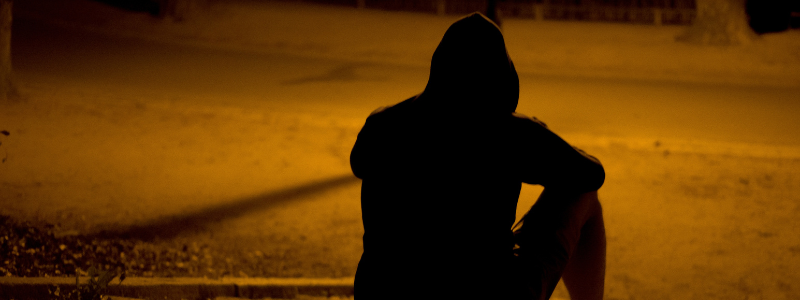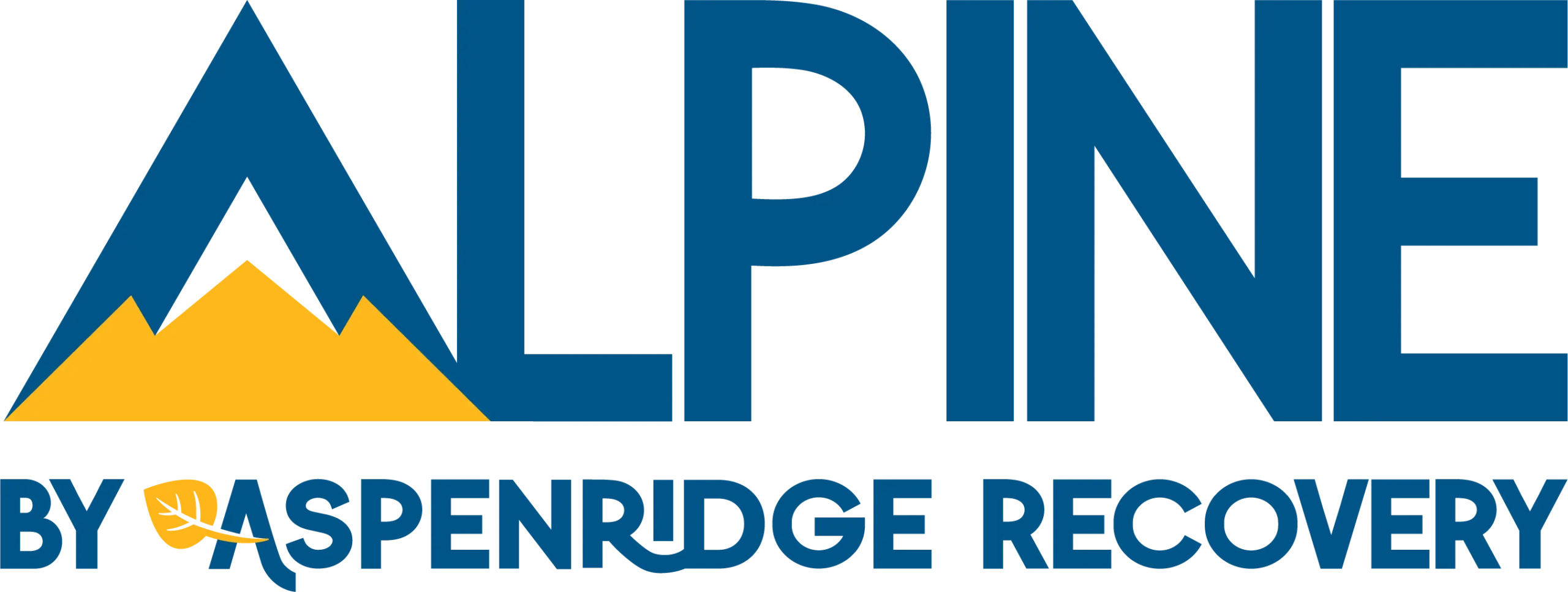Does Medicaid Pay for Addiction Treatment?
If you have a friend or relative who is living with addiction, you might be wondering how you can help. To be clear, it’s not always easy to make the decision to provide drug addiction help or help with another type of addiction. However, your loved one will often have a greater chance of overcoming addiction with your support. Does Medicaid pay for addiction treatment? For millions that are left without care, being able to access addiction programs and treatment options is life critical. We’re reviewing more below.
There are strategies to help friends and loved ones with support during this crucial time. However, treatment programs offer tailored solutions that can address substance abuse and underlying issues that are contributing to continued use. For more information on Medicaid covered addiction treatment, contact Alpine Recovery today at (720) 704-2883.

Find an Approach That Works
There are a number of different treatment options that can be effective, so it is important to consider the options. Think about which approach might be best suited to you and your loved one’s needs and goals.
Depending on the nature of the addiction, treatment might involve psychotherapy, medication, support groups, or a combination of all of these. A few options include:
- Community Reinforcement and Family Training (CRAFT): CRAFT is an evidence-based method for helping families get help for addicted loved ones. It has replaced traditional interventions as the preferred method of helping people with addiction get the help they need, such as therapy.
- Medications: The Food and Drug Administration (FDA) has approved a number of medications—including Vivitrol (naltrexone), Campral (acamprosate), and Suboxone (buprenorphine and naloxone)—that can be effective in the treatment of alcohol dependence and other substance use disorders.
- Cognitive behavioral therapy (CBT): Addiction therapy that utilizes CBT focuses on helping people understand how their beliefs and feelings influence their behaviors. It works by helping people change the thought and behavior patterns that contribute to addiction.
- Online therapy: Research suggests that online therapy can also be an effective treatment option for substance use disorders. Such programs often incorporate elements of CBT and motivational interviewing, which involves using structured conversations to help people think about how their life will improve by ending their addiction.
- Support groups: Twelve-step and peer support groups can also be helpful during the recovery process. These groups are aimed at promoting sobriety and may take a variety of approaches. Some promote total abstinence, while others focus on moderation. Many of these offer in-person meetings, but online support groups are also available.
Other important factors that can affect a person’s recovery include family involvement and other social supports. The Substance Abuse and Mental Health Services Administration (SAMHSA) suggests that family therapy is an important part of an effective addiction recovery plan.
Medicaid Insurance Coverage for Drug & Alcohol Addiction Treatment
Medicaid is a government-funded insurance program for low-income individuals. The state-funded, state-run program has specific guidelines for what behavioral health services—including drug and alcohol addiction treatment—are covered by Medicaid, and each state’s rules vary.
Nearly 12% of Medicaid beneficiaries over the age of 18 have a substance use disorder, and Medicaid does provide some coverage for drug and alcohol addiction rehab and treatment. The amount covered for treatment varies state to state and other by factors, including your income and whether or not there is a medical need for treatment.
In order for Medicaid coverage to pay for rehab expenses, your primary care provider may need to assess you and complete the necessary paperwork before you begin treatment. If you have a rehab treatment facility in mind, ask them if they accept Medicaid insurance and what is required in order for Medicaid coverage to kick in to help offset the costs.

What Does Medicaid Cover?
Medicaid is the largest payer for substance use disorder treatment and recovery services in the United States. In fact, Medicaid covers 40% of all individuals with opioid use disorder, and even more in some states that have expanded access to Medicaid under the Affordable Care Act.
All state Medicaid programs across the country provide some coverage for substance use disorder treatment. These services often include:
- Initial screening.
- Intervention.
- Medications for managing cravings and withdrawal.
- Family counseling.
- Inpatient rehab.
- Long-term residential treatment.
- Detox.
- Outpatient rehab.
- Other mental health services (e.g., therapy, counseling).
More detailed information about the types of addiction treatment services that may be covered by Medicaid is as follows:
- Partial hospitalization (PHP): Partial hospitalization programs involve a commitment to attending treatment during the day while living at home. Most PHP programs last anywhere from 15-90 days.
- Intensive outpatient (IOP): Intensive outpatient programs involve attending treatment a few times a week. You can live at home and go to work during the day and must attend treatment in the evenings. IOP programs are a good choice for those who have work and family obligations that prevent them from participating in a more time-intensive treatment program.
- Inpatient treatment/residential rehab: Inpatient treatment/residential rehab involves living in a rehab facility for a certain number of days. Most inpatient treatment programs last anywhere from 15-90 days, depending on your needs. Inpatient treatment involves attending one-on-one counseling, group therapy, and 24/7 support from the rehab facility staff.
- Outpatient treatment: Outpatient programs allow you to live at home and attend treatment at a rehab facility or hospital. Depending on the program, you will attend treatment anywhere from 2-7 days per week.
What to Expect When a Loved One Receives Addiction Treatment
Once your loved one has decided to begin treatment, it can be helpful to know what to expect. You might wonder how long treatment will last and what will happen during their recovery. The answer depends on a variety of factors including:
- The severity of your loved one’s addiction
- The duration and frequency of their substance or alcohol use
- Past attempts at recovery
- Co-occurring mental health conditions
- Motivation and commitment to recovery
- Support and assistance available
Rehab programs usually last either 30, 60, or 90 days. The National Institute on Drug Abuse (NIDA) recommends that people spend a minimum of 90 days in treatment.
Long-term treatment and recovery will last for months or even years. Overall progress and setbacks during recovery can extend the duration of treatment.
During this time, there are things that you can do to offer support. Learning more about the treatment process and offering help with immediate needs—such as driving your loved one to appointments or attending support group meetings with them—are all ways that you can support their recovery.

Alpine Recovery
Having a friend or family member with an addiction can be difficult, but there are steps that you can take to support your loved one while caring for yourself. While you cannot force your loved one to change, encouraging them to get help and supporting them during treatment can help them succeed. Accessibility to treatment is hugely important. With Medicaid assisted programs, addiction treatment is helping many Colorado families recover from the devastation of substance abuse.
At Alpine Recovery our goal is to help Colorado families receive crucial treatment without the high costs associated with other addiction programs. We address economic and social conditions to help families receive the care they need and deserve. Some of our efforts include providing:
- Housing
- Transportation
- Employment
- Educational Support
- More
To learn more about our care and addiction programs, call us to talk to one of our admission specialists or read about our offered Medicaid addiction programs here:
- Intensive Outpatient Program (IOP)
- Outpatient Program
Note that all of our programs include case management, family programs, and alumni programs. To get started, your Medicaid coverage will need to be verified. Call us now at 720-704-2883.



